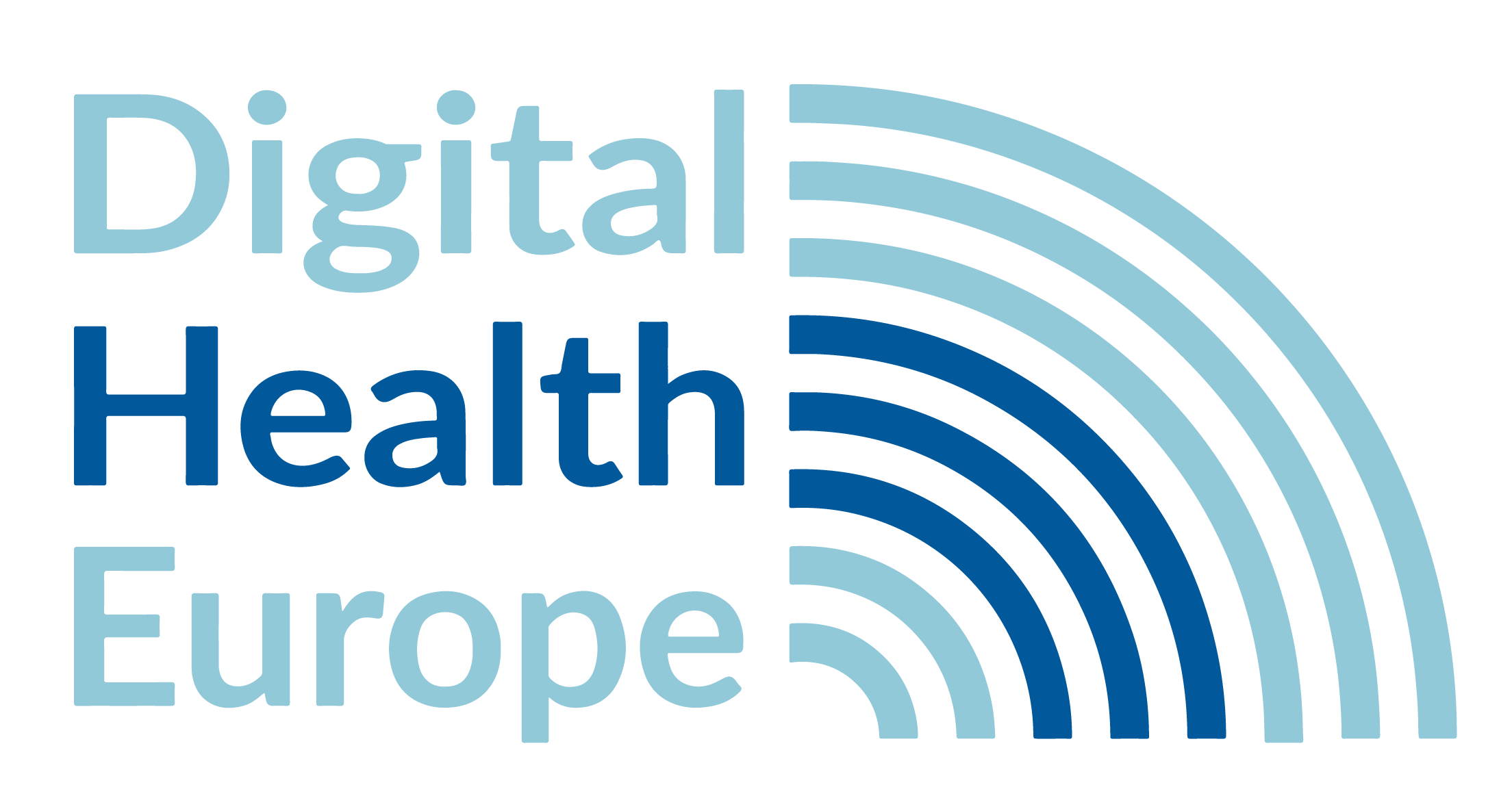Home › Home › Health data › EHR
- This topic has 2 replies, 3 voices, and was last updated 10 months, 1 week ago by SofiiaS.
-
AuthorPosts
-
-
May 4, 2021 at 9:53 pm #3885anett.ruszanovKeymaster
Electronic health records (EHR) are the digital formats patients’ paper medical charts. EHR allow real-time and instant consultation of a patient’s medical records by members of the care team. EHR allow greater mobility, save time from repeated of unnecessary examinations and better quality of care.
-
June 4, 2021 at 10:17 am #4255DipakKalraParticipant
How can we improve the connectivity between clinician and patient health records?
People are increasingly motivated to look after their health. They want to have more engagement in self-care of their health conditions, and be active in prevention and wellness. There are thousands of mobile apps and wearable devices that can support people with doing that. However, most of these don’t easily communicate with healthcare professionals and the electronic health record systems they use. So, just as we have, unfortunately, historically adopted electronic health record systems that cannot easily exchange information with each other, we are on the brink of another explosion of data silos with each patient. Patients sometimes have their own multiple silos if they have an app for each condition or wellness activity, which don’t talk to each other.
There are plenty of published standards that can enable data to be shared between systems and apps, provided this is permitted, but these standards are not widely enough used by developers.
I am worried that we will see an increasing fragmentation of health data rather than the joining up that everybody needs.
Why are we in this position and what can we now do to make our systems better standardised and able to share their data, for the benefit of patients and populations, and for research? Please post your ideas!
If you’d like to know more about interoperability standards you can take a look at our new website that explains health data standards
- This reply was modified 3 years, 9 months ago by DipakKalra.
-
May 23, 2024 at 9:48 am #4366SofiiaSParticipant
Electronic health records (EHR) have indeed revolutionized the way patient information is managed and accessed. As you mentioned, EHR systems provide real-time and instant access to a patient’s medical history, which greatly enhances the efficiency and quality of healthcare delivery. The benefits of EHR are numerous, including greater mobility for healthcare providers, time savings by avoiding redundant examinations, and improved overall quality of care.
To fully leverage these benefits, it’s crucial to have a skilled EHR developer involved in the implementation and maintenance of the EHR systems. An experienced EHR developer can ensure that the system is tailored to meet the specific needs of your healthcare organization, providing seamless integration with existing workflows and ensuring data security and compliance with relevant regulations.
EHR developers play a vital role in customizing the EHR software to enhance usability for healthcare providers, facilitating smoother transitions from paper records to digital formats, and implementing features that support better clinical decision-making. Their expertise can also help in developing advanced functionalities such as predictive analytics, telehealth integration, and patient portals, which further enhance the utility of EHR systems.
In summary, while the advantages of EHR systems are clear, the involvement of a proficient EHR developer is essential to maximize these benefits and ensure the successful deployment and ongoing effectiveness of the EHR solution in your healthcare setting.
-
-
AuthorPosts
- You must be logged in to reply to this topic.
